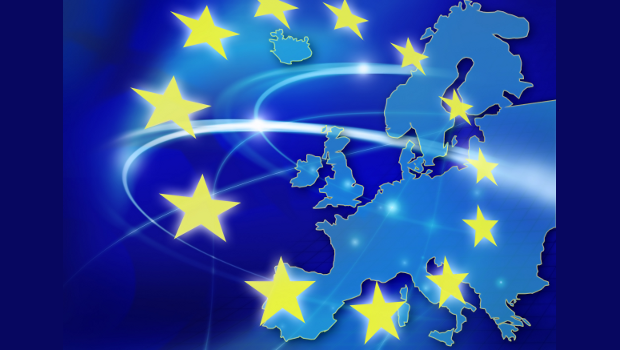EU justice ministers have reached a partial agreement on planned new data privacy laws, but still disagree about how to implement them.
Ministers agreed on the rules that govern international data transfers and on the territorial scope of the data protection regulation. In short, EU data protection laws will apply to non-European companies if they do business in the EU. The existing laws were not clear on this point.
The proposal for a Data Protection Regulation to update the old 1995 privacy directive was first put forward by EU Justice Commissioner Viviane Reding.
She said that she was pleased the council of justice ministers had managed to make some headway. “It’s in the interest of companies to have legal certainty rather than having to spend money on costly lawsuits only to arrive at the same result at the end. Following today’s agreements, the data protection reform is on the right track,” she said in a speech.
The real stumbling block has been the issue of which authorities will handle citizens complaints about any breach of the rules. Most EU member states agree with the principle of a so-called “one stop shop”. This concept would mean that the data protection authority in the country of the accused company would act as lead authority for the whole EU.
However this has caused concern with some countries, in particular Germany, which fears that its own strict interpretation of data protection rules would be watered down. To allay these fears, there are proposals for a second local authority in the country of the individual consumer or complainant.
Anna Buchta from the European Data Protection Supervisor’s (EDPS) office summed up the situation: “Everyone agrees that a one-stop-shop is necessary, but there are about 20 different ideas of what that should mean in practice.”
“It is vital that ministers agree on a workable one-stop-shop approach. It will help ensure a consistent application of data protection law across the EU, giving companies the legal certainty they need to do business,” Rene Summer, government and industry relations director at Ericsson said in a statement, speaking on behalf of Digital Europe, an industry organisation whose members are IT and telecom vendors.
Other industry representatives were also pleased with the outcome of Friday’s talks. The Industry Coalition for Data Protection (ICDP) welcomed the developments, in particular the acknowledgement of “legitimate interest” as a legal basis for data transfers.
However despite progress, the council of justice ministers didn’t reach a full agreement and so cannot enter the final round of negotiations with the European Parliament and European Commission that are necessary to create a binding law.
That will now have to wait until the next Justice Council in October, delaying further any up-to-date law on data protection.
Jan Phillip Albrecht, the European parliamentarian who was in charge of steering the controversial text through the Parliament, said he was “very disappointed” that the ministers didn’t agree on a general approach for the negotiations with the Parliament.
“There needs to be a position now. European citizens expect the political leadership to deliver and to effectively protect their fundamental right to data protection,” he said via email. Albrecht managed to get a consensus in March after an unprecedented 4,000-plus amendments.
Jennifer Baker, IDG News Service








Subscribers 0
Fans 0
Followers 0
Followers